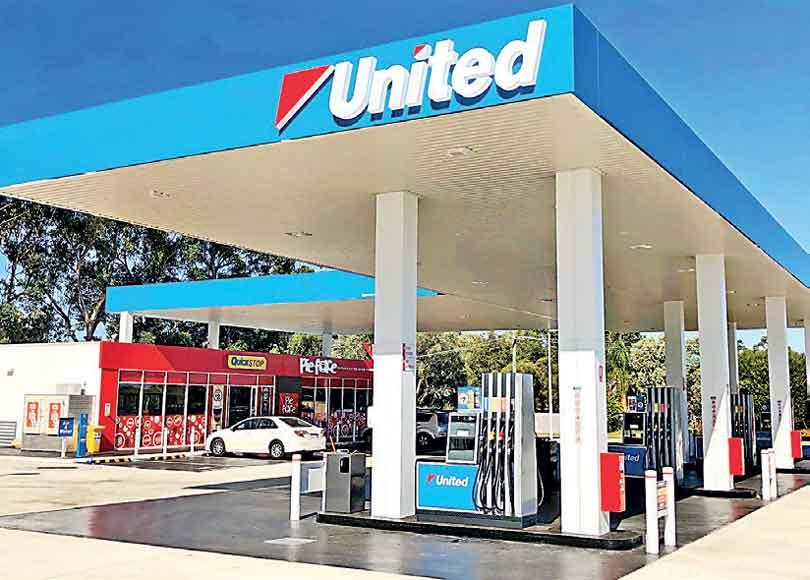Australia’s United Petroleum finalises entry into Sri Lanka
Source : dailymirror
Australia’s United Petroleum has completed formalities in acquiring the licence to enter into Sri Lanka’s retail petroleum products market.
Power and Energy Ministry Secretary Dr. Sulakshana Jayawardena and United Petroleum Australia owner Eddie Hirsch have signed the relevant contract, at an event organised by the Power and Energy Ministry, the company announced in a statement.
United Petroleum was the last of three foreign players granted approval to complete the formalities of the government.
The government decided to award licences to China’s Sinopec, United Petroleum and U.S-based RM Parks in collaboration with Shell PLC, to enter into the retail market, ending the duopoly market enjoyed by Ceylon Petroleum Corporation (CPC) and India’s IOC.
Both Sinopec and RM Parks completed the formalities within the following two months, while Sinopec has already commenced operations.
Under the arrangement, United Petroleum will be assigned with 150 dealer-operated fuel stations under CPC, along with the right for building 50 new fuel stations under its ownership.
However, the company didn’t disclose an exact timeline on commencing operations.
United Petroleum has a robust portfolio of over 500 fuel stations in Australia and operations extending to Singapore. The billion-dollar company, with focus on quality, safety and environment, aims to uphold to benchmark good practices to the Sri Lankan retail petroleum market and enhance the quality of products and service to its customers.
In order to commence operations in Sri Lanka, the Australian firm has incorporated a unit in Sri Lanka, under the name of United Petroleum Lanka (Pvt.) Ltd. Dr. Prabath Samarasinghe, who is a former
CEYPETCO board member, with a reputed career in the petroleum industry, has been appointed to head its Sri Lankan operations, in the capacity of Director and CEO of the company.
The liberalisation of the retail fuel market is expected to assure a steady supply of fuel.








